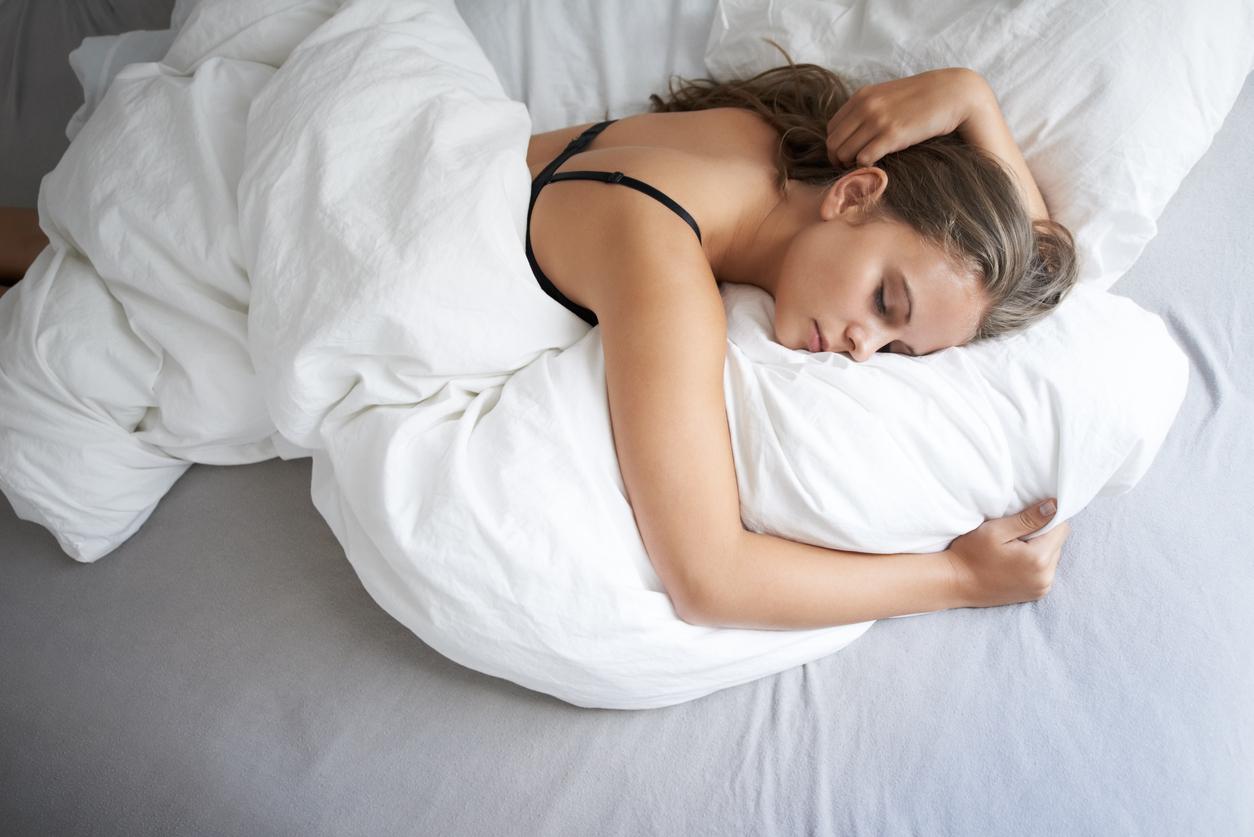Should you sleep with your bra on? Definitely not, according to this doctor
It could be doing more harm than good

It’s one of those old wives tales that, to this day, remains an area of contention. Will wearing your bra to bed help keep your breasts nice and perky?
Marilyn Monroe swore by it, but others find it uncomfortable and really, and who can blame them?
But, painful straps and wires aside, Dr Seth Rankin says sleeping in your bra could actually be bad for your health.
Not only does he insist that it will have little-to-no impact on your breasts heading south, but he also suggests that the garment could restrict the lymph glands.
“When you're lying down flat, the effect of gravity pushes the breast tissue back towards your chest, instead of down towards your toes,” he told Cosmopolitan.
“So wearing a bra (the purpose of which is ultimately to support breasts from below) is essentially redundant in bed, as breasts naturally compress back down onto the chest.”
Curvy Kate's diverse #TheNewSexy lingerie campaign
Show all 9It might not have any impact on sustaining youthful, gravity defying breasts but it’s not doing any harm, right?
Wrong. Dr Rankin goes on to explain that, wearing a bra to bed can affect the lymph glands.
“A tight bra may restrict the flow of lymph to the many important lymph nodes around the breast and armpit, hindering the system's vital function of flushing toxic waste-products from the body,” he adds.
Other experts have confirmed this too. Speaking to the Mail, Professor Mokbel warned women about the dangers of wearing ill-fitting bras.
“Wearing a constrictive bra to sleep affects the physiology of the breast,” he said.
“It can impair the blood flow and lymphatic drainage, which, at worst, can lead to chronic inflammation, oedema (fluid retention) and discomfort.”
Subscribe to Independent Premium to bookmark this article
Want to bookmark your favourite articles and stories to read or reference later? Start your Independent Premium subscription today.

Join our commenting forum
Join thought-provoking conversations, follow other Independent readers and see their replies